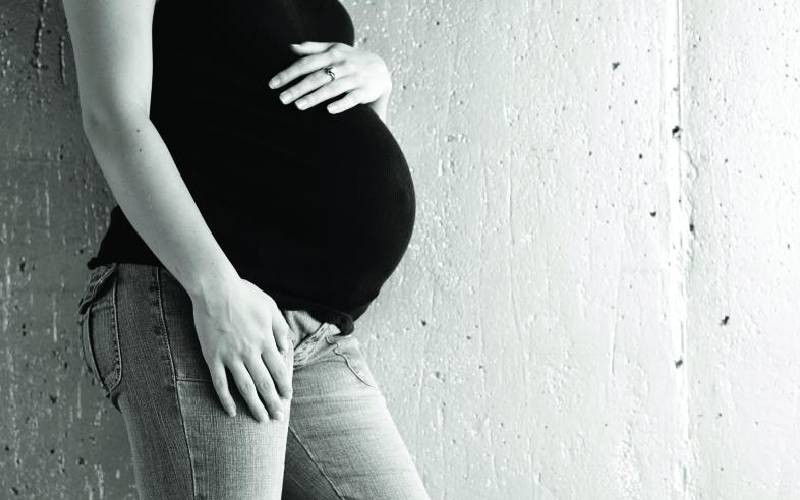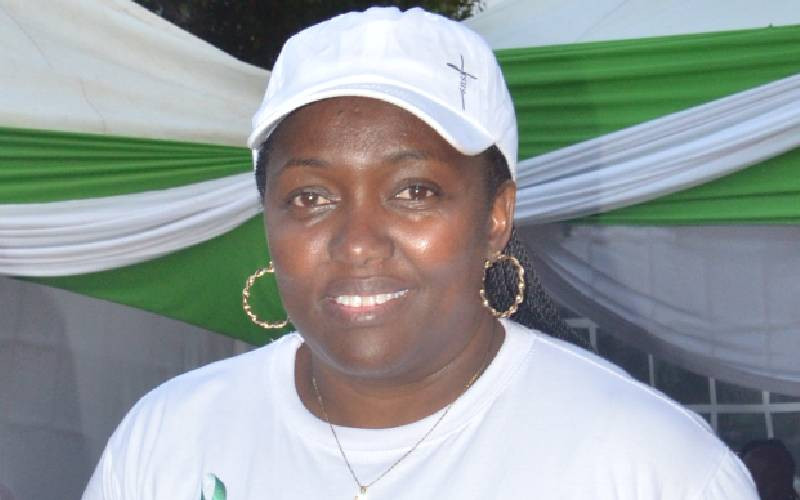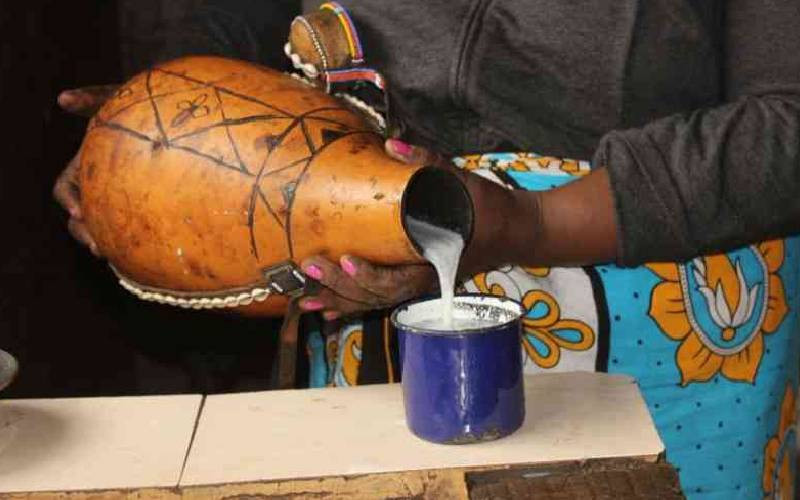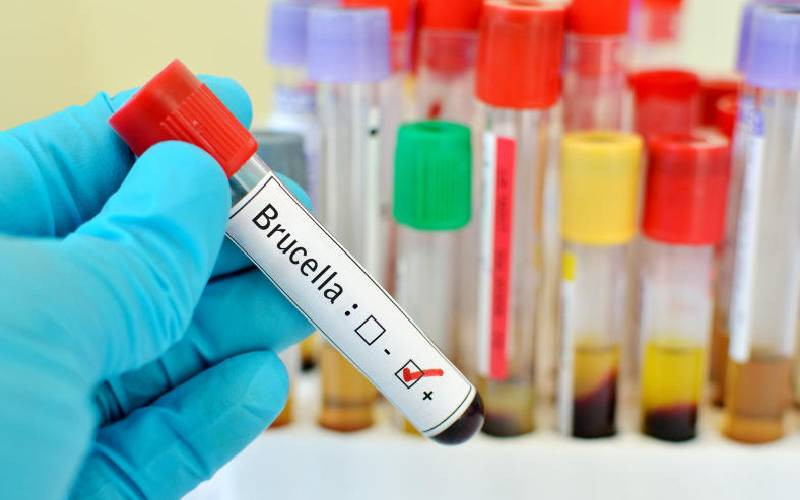
Kisumu County has recorded a remarkable 27.4 per cent drop in teenage pregnancies over the past five years, outperforming the national average and signaling the success of multi-sectoral interventions.
Data from the Ministry of Health, gathered from first-time visits to antenatal care (ANC) clinics, shows that teenage pregnancies among girls aged 10–19 dropped from 331,462 in 2020 to 240,797 in 2024.
Nationally, the Kenya National Bureau of Statistics (KNBS) reported only a 4.8 per cent reduction in the same period.
Significantly, the number of pregnancies among the most vulnerable girls aged 10–14 fell by an impressive 54.2 per cent after an initial spike in 2021, when 21,314 cases were reported.
By 2024, that figure had dropped to 9,773.
Older adolescents aged 15–19 also saw a consistent decrease, from 314,534 cases in 2020 to 231,024 in 2024 a 26.6 percent decline.
- Ministry, governors clash over ghost workers in health payroll
- Diabetes, hypertension silent killers in rural areas - medics
- High Court halts health ministry's nicotine ban directive
- Busia, Mombasa, Nakuru lead as Mpox cases hit 137
Keep Reading
The highest number of cases in 2024 was recorded in Kisumu East Sub-county, which reported 781 pregnancies among girls aged 15–19, followed by Kisumu Central (774), Muhoroni (744), and Nyakach (691). Nyando (537) and Seme (551) registered the lowest.
Among 10–14-year-olds, Kisumu East again topped the list with 26 cases, while Nyando had seven.
While experts have lauded the progress, they caution that ANC-based data may not capture the full scope of the issue.
Some pregnancies go unrecorded, especially when girls fail to attend clinics or are counted more than once across multiple visits.
Still, the drop is particularly notable in a county that, at the height of the Covid-19 pandemic, saw extreme adolescent vulnerability.
A 2021 report by the Presidential Policy and Strategic Unit revealed that 72 per cent of Kisumu’s adolescents regularly skipped meals, and only 54 per cent had access to sanitary towels, a situation that drove many into risky relationships and transactional sex.
Law enforcement has played a critical role in response.
Kisumu County Police Commander Hillary Toroitich said officers are proactively investigating cases, though justice is often delayed by the need to wait for childbirth before conducting DNA tests.
“We treat these cases with the seriousness they deserve because they are about protecting the future of our children,” he said. “But we have also seen families falsely accuse individuals to hide cases of incest or settle internal disputes.”
To improve reporting, the police have partnered with community policing groups and school administrators, set up gender desks at all stations, and created WhatsApp groups to facilitate real-time incident reporting.
At the school level, headteacher Margaret Atieno of Obunga Mixed Secondary School said her school takes a proactive, compassionate approach when teenage pregnancy cases arise.
“Once we are informed, we immediately involve the parent or guardian, initiate counselling sessions, and ensure the girl attends antenatal care. We also speak to the boy involved, if identified, because both need support and guidance,” she said.
Ms Atieno recounted a case involving a girl who worked part-time at a nearby car wash after school to help her family.
“She met an older man there who started offering her money for lunch and small needs. Eventually, she became pregnant,” she said, citing poverty and lack of supervision as key contributing factors.
Thomas Okumu, a father from Nyalenda, shared a personal account.
“My daughter lived with her older cousins, and I thought they were watching over her. I avoided discussing sex education with her. I only learned of the pregnancy when she broke down after missing her period.”
Beyond households and schools, the county has partnered with NGOs like KMET and TIKO Africa to offer youth-friendly reproductive health services. Through app-based referrals, peer educators are incentivized to connect teens to care, while facilities such as Airport Dispensary attract youth with free Wi-Fi, using the opportunity to provide HIV testing and counselling.
Tom Morige, Kisumu’s lead officer for data and medical services, emphasized the need to treat teenage pregnancy as a form of sexual and gender-based violence (SGBV).
“Impregnating a child is SGBV, often involving perpetrators with mental health issues or fellow children which makes it more complex,” he said.
Despite progress, Morige highlighted persistent challenges, including shortages of condoms and essential supplies, delayed payments to service providers, and resistance from some parents regarding contraceptives.
Kisumu currently operates nine youth-friendly centres in areas such as Ahero, Pap Onditi, Nyahera, and Rabuor, offering peer-led education and psychosocial support.
Legal frameworks remain crucial in combating the crisis.
Lawyer Susan Wekesa emphasized that sex with minors is a grave offence under Kenyan law, with stiff penalties outlined in the Sexual Offences Act (2006), the Children’s Act (2022), and Article 53 of the Constitution.
“Sex with a child under 11 carries a life sentence. For ages 12–15, the minimum is 20 years; for 16–18, it’s 15 years,” she explained.
In cases where both the girl and boy are minors, she noted, courts often prioritize rehabilitation over imprisonment.
 The Standard Group Plc is a multi-media organization with investments in media
platforms spanning newspaper print
operations, television, radio broadcasting, digital and online services. The
Standard Group is recognized as a
leading multi-media house in Kenya with a key influence in matters of national
and international interest.
The Standard Group Plc is a multi-media organization with investments in media
platforms spanning newspaper print
operations, television, radio broadcasting, digital and online services. The
Standard Group is recognized as a
leading multi-media house in Kenya with a key influence in matters of national
and international interest.











